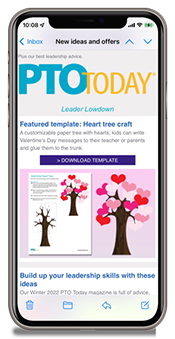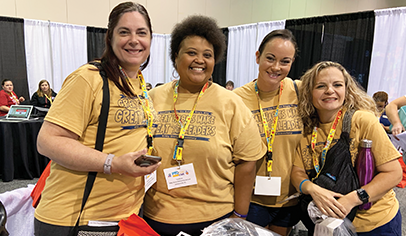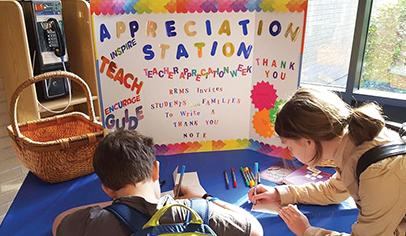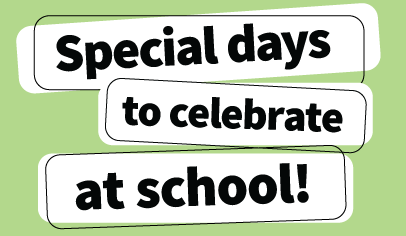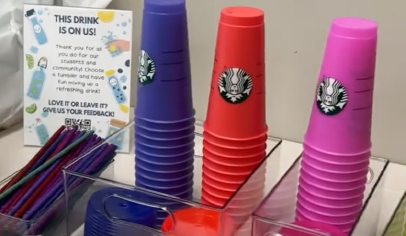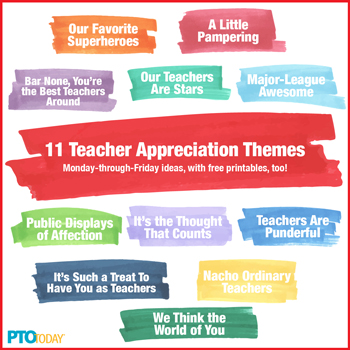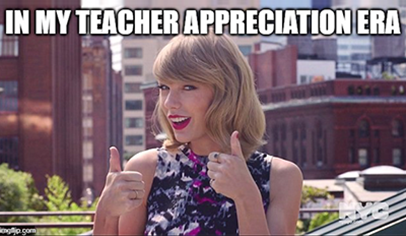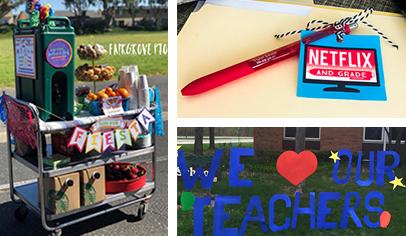Communication matters. Yet it’s one area parent group leaders often give little attention. Ask uninvolved parents what a parent group does, and the most common answer is likely to be “raise money for the school.” If that’s what your group wants to be known for, don’t worry about communicating. You have already achieved your goal.
But you’re better off being known as “an organization that benefits my child and me.” If you want to build involvement, you’re most likely to attract people who feel they have a stake in what your group accomplishes.
The difference between the two answers is the difference between letting general perception define your group and crafting the message yourself. In fact, you do raise money for the school. But it’s not just dollars; you’re buying books and school supplies and funding field trips. You’re also running family nights, helping teachers and administrators with their work, making sure kids get on the bus safely, and creating a sense of community. What you do is important to the education of every child in the school.
The secret to getting your word out is to craft a simple message about what you do, then repeat it over and over. Make a list of all the things your group does. Think about how they benefit the school, children, and parents. Now circle the things that you’d like your group to be known for. Put yourself in the shoes of a parent new to the school who knows nothing about your group. Number the circled items in the order you think would be most important to an outsider. Then craft these into short paragraphs about what you do.
Keep in mind that your messages should be aimed at your target audience: parents who are not yet connected to the school or your group. Consider what’s important to them, not what’s important to you and your fellow officers.
Communicate those core messages all the time—in flyers, your newsletter, the bulletin board, and in person. Get all of your officers and committee chairs on the same page, repeating the same message about the group.
One more thing: Your actions must match your words. If you say your group is about building the kind of school community where teachers and students can do their best work, then focus on community-building and creating a cooperative relationship with teachers and administration. Talk is important, but you can’t be all talk.
